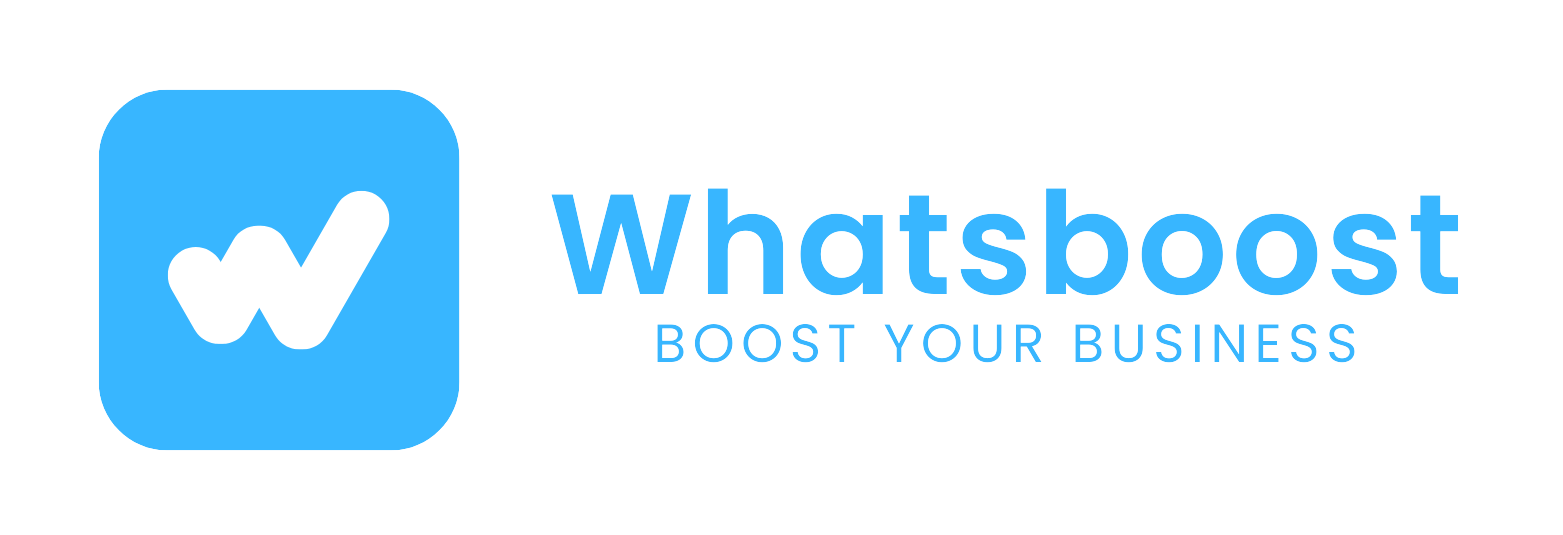
How to Build a ChatGPT AI Chatbot on WhatsApp in 2025 (No-Code + Pro Guide)
Discover how to integrate ChatGPT with WhatsApp using Whatsboost in 2025. A full step-by-step guide to creating your AI chatbot with or without coding.
What is a WhatsApp Chatbot?
A WhatsApp chatbot is an automated assistant that can interact with users directly on the messaging platform. It acts as a conversational interface capable of handling customer support, sharing product information, and executing tasks like order placements.
Use Cases Include:
Managing customer service inquiries
Sending notifications
Processing orders
Sharing content
Collecting feedback
Key Business Benefits of WhatsApp AI Chatbots
Always Active: Offers 24/7 customer engagement
Scalable Support: Handles multiple conversations at once
Cost Reduction: Reduces the need for large support teams
Personalization: Adapts based on user preferences and history
Instant Information: Quickly answers FAQs or product-related questions
Streamlined Orders: Assists users in making purchases directly
Multilingual Service: Supports various languages for global reach
Data Insights: Captures analytics for business decision-making
Top Features of a ChatGPT WhatsApp Bot
Advanced Language Understanding (NLP): Makes replies more natural and accurate
CRM Integration: Syncs with tools for lead tracking and support
Sales Automation: Helps with lead qualification and upselling
Custom Responses: Adjust tone and voice to reflect your brand
How to Build a ChatGPT WhatsApp Chatbot in 2025
1. The Technical Route
Use WhatsApp Business API + OpenAI GPT API
Requires setup with platforms like GitHub
Involves programming in Node.js, Python, or similar
Developers can access open-source projects like WhatsApp-GPT
2. The No-Code Alternative
Use Whatsboost, a Business Solution Provider (BSP) for WhatsApp. This allows you to:
Sign up without coding
Use a drag-and-drop chatbot builder
Integrate OpenAI via API key in minutes
Launch instantly with templates
Steps to Integrate ChatGPT with WhatsApp Using Whatsboost
Get Whatsboost Access
Sign up on Whatsboost’s platform and verify your business account.Apply for WhatsApp Business API
Use Whatsboost as your BSP to streamline the approval process.Connect OpenAI API Key
Register on OpenAI and obtain your secret API key.Link ChatGPT with WhatsApp Bot
Use Whatsboost’s interface to configure intents, conversation flows, and integrations.
Optimizing Your ChatGPT WhatsApp Bot
Analyze Chat Data: Track queries and usage patterns
Update Responses Frequently: Keep answers relevant and brand-consistent
Gather Feedback: Use surveys and user inputs to improve response quality
Personalize Messaging: Use names, history, and context where possible
Tone Alignment: Match your brand’s voice—formal, casual, or friendly
GPT-3 and ChatGPT Overview
Developed by OpenAI, GPT-3 features 175B parameters
Powers text generation, translation, summarization, and question-answering
GPT-4 (the latest version) includes multimodal inputs (text + images), improved context understanding, and better multilingual support
Advantages of GPT-3 for Chatbots
Human-like Conversations: Realistic and context-aware replies
Versatile Applications: Can serve sales, marketing, and customer service needs
Simple Integration: Easy to use via API
Scalable: Can handle high volumes with minimal resources
Always Available: Responds 24/7 without breaks
Cost-Efficient: Reduces human resource needs
Using Whatsboost for Seamless AI Chatbot Deployment
Whatsboost enables businesses to:
Build No-Code Bots: Deploy chatbots quickly without technical skills
Send Broadcasts: Reach users in bulk with targeted messages
Access Shared Team Inbox: Collaborate on customer chats in real-time
Create Automated Workflows: Trigger replies based on actions
Use Native Integrations: Connect with CRMs and eCommerce tools easily
Monitor Metrics: Access dashboards for insights and reports
